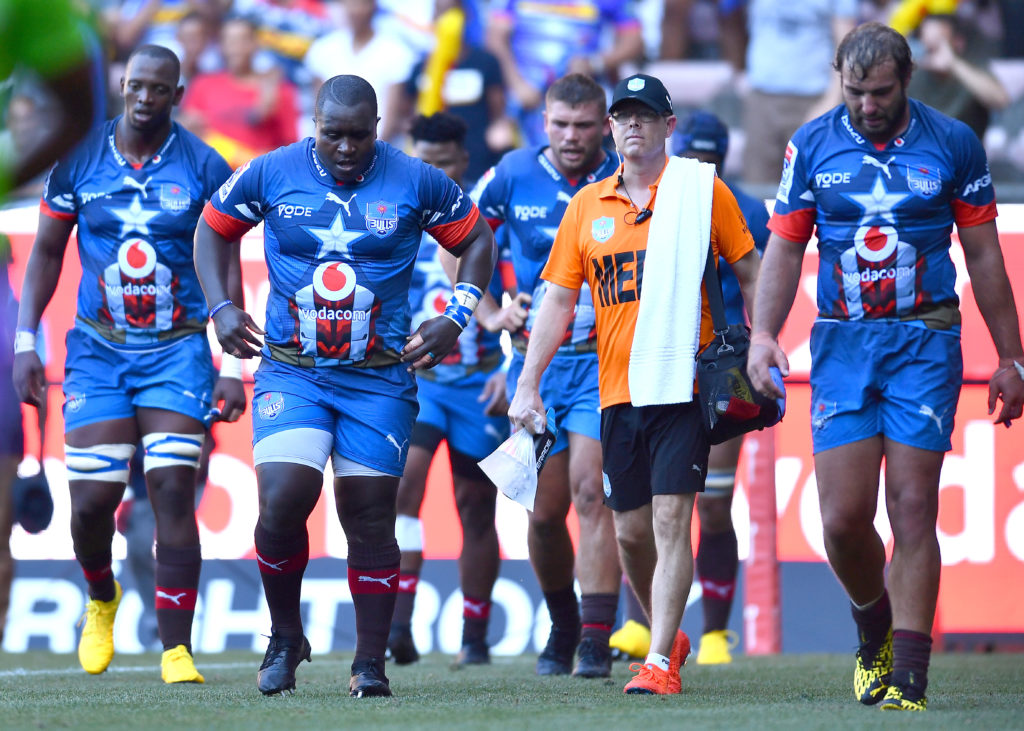It took a global pandemic to reveal the depths of how stale Vodacom Super Rugby has become, writes RYAN VREDE in the latest SA Rugby magazine.
NEW MAG: What’s in our latest issue?
When I sat down to write this column, it was at the start of the national lockdown, one that mirrored what governments worldwide have instituted.
At this point I miss a lot of things: spending time with my family and friends, the freedom to go for a trail run in mountains of Cape Town whenever I want to and watching live sport.
I miss watching my beloved Liverpool’s poetry in motion, the all-consuming scrap at the foot of the Premier League table, Leeds United’s go-again attempt at promotion from the Championship, the magic of Champions League nights and the Los Angeles Lakers’ bid to re-establish themselves as the basketball force they once were.
On the rugby front I miss watching the Blitzboks’ never-say-die exhibitions, as well as the blood and guts efforts of the European Champions Cup contenders.
But Super Rugby? Nah. It doesn’t warrant my missing. It’s just not good enough to miss. And, anecdotally at least, I’m certainly not alone. For example, while I was writing this I put out a tweet asking if anyone else felt the same way. Of the respondents, everyone agreed, except for one man who insisted the tournament is ‘excellent’.
Indeed, Super Rugby’s viewership ratings have steadily dwindled over the past decade. Most South African stadiums struggle to fill even half their capacity on good days. The product is stale and a significant portion of the audience is apathetic.
This isn’t new. I’ve said this for years, but it took us having to be locked in our homes with a limited number of entertainment options available to us, for the full extent of Super Rugby’s irrelevance to settle.
If it were not essential to my job I wouldn’t watch. As a start, it seems to go on for 175 weeks, during which the 60 teams in the tournament play each other 12 times, often in front of fewer people than I have in my lounge at any given time. Or something like that.
Furthermore, many of South Africa’s elite players ply their trade abroad, as do Australia and New Zealand’s. This makes for a tournament populated by a handful of very good players but more so, some very average ones. Nothing about it is attractive or appealing.
But it can be, and in a post-coronavirus reality it must be made so. The broadcasting deal has some time to run, but once that expires, rugby’s southern hemisphere bosses must commit to a complete overhaul of the tournament. For a start, it must feature 10-12 teams who play each other once. The top four qualify for the semi-finals. The tournament is done in 14 weeks, 15 max if you allow a week’s break before the final. If you play the Crusaders home this season, you travel to face them the next.
Simple.
Some franchises will cease to exist, some players will be out of contract, as will some coaches and administrators. That’s a sad reality we have to face. How the men in power decide who stays and who goes doesn’t bother me. These organisations employ very bright people who are equipped to make this determination in the fairest way possible.
I’m not saying this tournament isn’t essential. It is. But we need to feel it again. The only way to achieve this is a format that resembles the tournament’s early years.
Once the cough droplets settle and the rugby world resumes it’s schedule, the overriding lesson must be that how a product or service makes someone feel, is critical to it’s success or failure.
At present the rugby public feels exploited and deceived because they are being sold a sub-standard product a premium price.
I want to miss Super Rugby. I really do. And I’m not alone.





